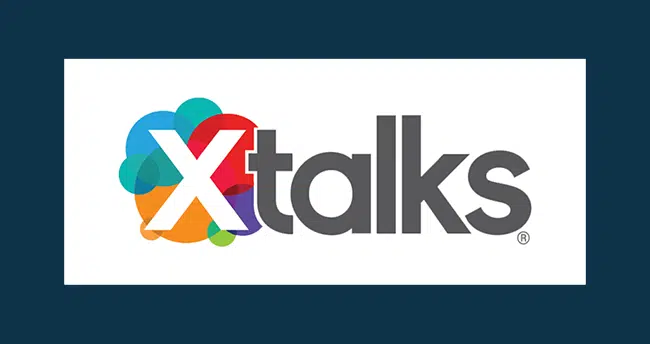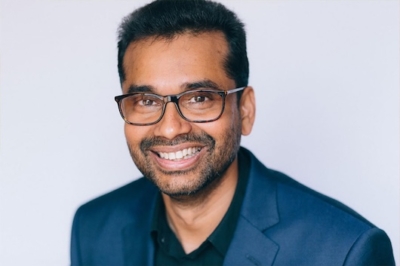
Expansion of Modern Technology Adoption in Life Sciences
The modernization of today’s clinical trials proves to be an exciting time for many forward-thinking life sciences organizations, creating opportunities to drive cost-efficient clinical development with tech-enabled strategy. But as trials become increasingly decentralized, complex, and patient-centric, traditional methods have been pushed to their limits – often impacting cycle times and leaving stakeholders frustrated.
In this fireside chat, Raj Indupuri, CEO, eClinical Solutions, hosts Venu Mallarapu, VP of Global Strategy and Operations, eClinical Solutions, as they discuss advances in today’s clinical development processes and ways that life sciences companies can adopt new technologies to meet future demands.
The discussion shares:
- Current industry trends, challenges, and use cases that support the adoption of a clinical data cloud
- Automation across clinical trials and data acquisition, review, and analysis
- The current – and future state – of clinical data management
In June of 2022 Venu Mallarapu joined as Vice President of Global Strategy and Operations to help scale the global adoption, market expansion and innovation of eClinical’s modern clinical trial software and services.
Presenters

A technologist with over 25 years of industry experience, Raj Indupuri is responsible for establishing the eClinical Solutions vision and future-looking technology strategy. He is deeply passionate about fostering innovation to revolutionize the Life Sciences industry with ground-breaking technologies that will modernize clinical trials and bring treatments to patients faster. As an industry veteran who has been part of the evolution of Life Sciences and clinical data management for over two decades, Raj has an astute business vision to realize the digital future and enable progress and potential with data and analytics at the core of the company’s innovative products and solutions. Raj is responsible for the overall direction and management of the company and is a Mechanical Engineer with an MBA from Boston University who firmly believes data is the new fuel that will drive human progress.

Venu Mallarapu is a digital innovation leader with over two decades of experience in business and IT advisory, strategic consulting, relationship, and delivery management to global life sciences organizations. As eClinical Solutions’ Vice President of Global Strategy and Operations, Venu is responsible for strategic development to meet global demand for the company’s platform and service offerings. He brings his expertise in collaboration and building teams to drive adoption, market expansion and innovation of the elluminate Clinical Data Cloud and eClinical’s Biometrics Services, ensuring current and future clients recognize value as industry needs evolve. Venu is a subject matter expert in Clinical, Regulatory, Quality and Safety & Pharmacovigilance functions, and has delivered Strategy & Transformation Advisory Consulting to top global Pharma, Biotech, Vaccine, and Medical Devices clients. He has spoken at various Life Sciences and Tech industry events and is a recognized thought leader in R&D with published articles.







